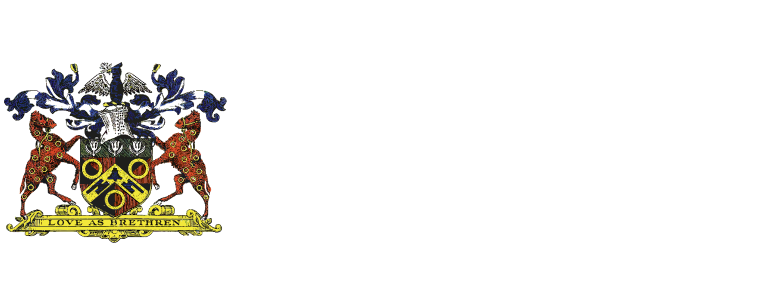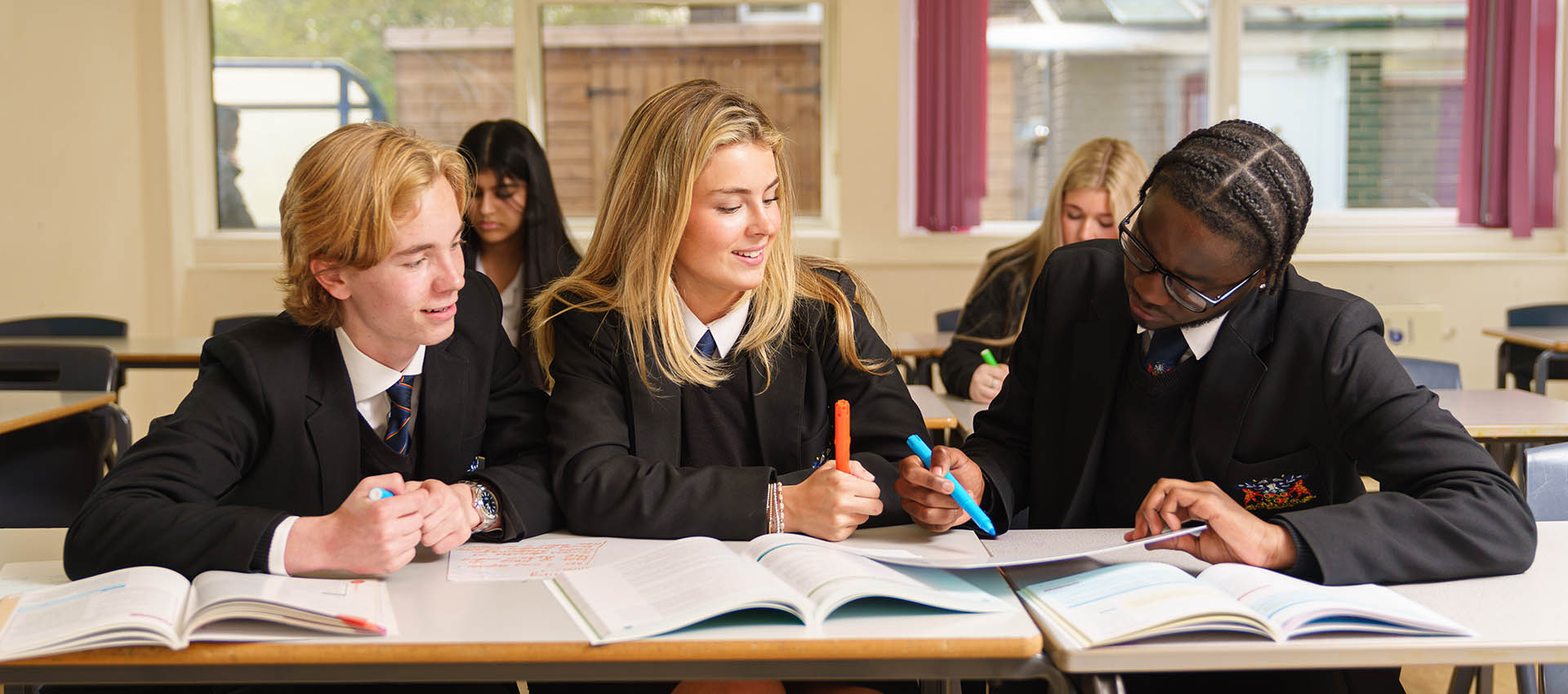Sociology
Can social division ever be eradicated? What leads people into a life of crime?
How has the internet transformed the structures and relationships in society?
No question is too little or big that Sociology cannot explore.
Sociology asks big questions and examines connections within society. We are used to experiencing rapid changes that happen daily and by studying Sociology we can start to explore why some of these changes take place and what the implications are for us and others.
Throughout history, we have been asking big questions about how we organise our societies, questioning common sense assumption and sociologists have offered explanations and solutions that continue to shape our understanding of our surroundings, roles in society, relationships with others. Sociology is often known as history at present.
Course description
A Level in Sociology offers students a challenging, exciting, and stimulating course that is widely recognised and highly respected by universities as well as employers. The course covers a range of relevant subjects with an emphasis on contemporary society, ranging from the influence of globalisation to the exploration of inequalities in society. This course has a strong emphasis on many classic topics, studies and sociologists that continue to have contemporary relevance. Students are also exposed to exploring the latest and most exciting developments in Sociology.
Studying Sociology at Coopers provides the space to approach wider issues, allowing students to ask and answer the big questions in an open and appreciative environment, guided by a strong subject expert. Sociology is a stimulating subject that is relevant to contemporary society, it explores a range of areas such as the education system in the UK, changing nature of the family, the social significance of new media to what the government is doing to reduce crime. Studying Sociology will allow you to tap into topic areas that may be too big or uncomfortable to think about alone. In this subject student are considered as working sociologists, who are continuously engaged in their own sociological investigations.
What will you learn about?
The course offers several compulsory core topics, as well as optional topics:
First year Sociology
Introduction to Sociology – core themes and skills
- Core theme one: Socialisation, culture, and identity
- Core theme two: The significance of conflict and consensus, social structure, and social action theories of society
- Core theme three: Social differentiation, power, and stratification
- Core theme four: How is sociological research carried out?
- Core theme five: Globalisation
- Core sociological skills: AO1- Knowledge and Understanding; AO2 – application; AO3a-analysis and AO3b-evaluation.
These themes are applied to substantive areas of sociology. These themes are interpreted broadly as threads running through many areas of social life.
Paper 1: Education with Theory and Methods
- Education –Why are girls getting better exam results than boys? How much difference do schools make to your achievement? Does the education system make things fairer or just reproduce inequalities in society? Does it matter what teachers think of you?
- Methods in context – what methods do Sociologists use to study a range of educational issues? Are some methods more appropriate than others? Are some methods more suited to topic areas than others?
- Theory and Methods- Methods section only—exploring the the underpinning values that shape the choice of methods sociologist make when researching society e.g., how sociologists view society , how sociological research should be carried out, the preference for particular type of data can shape the methods picked to research society .
Paper 2: Topics in Sociology
- Family and Household – the family is an important institution in society, why do some emphasise its positive contribution and others challenge this? What are the effects of major social changes on the structures, roles, and relationships in families? What are the changing relationships within the family? How have they changed and whether they have become equal?
Second year Sociology
- Paper 2: Topics in Sociology
Media- Is the growth of new media beneficial to society ? Has globalisation allowed the media to influence popular culture ? how are people represented by the media? Who controls the media and for what purpose?
- Paper 3: Crime and deviance with Theory and Methods
Crime and Deviance- You will examine why men commit more crime than women. The impacts of globalisation on the extent and nature of crime. To what extent is a criminal justice system and crime prevention strategies effective? What is the social distribution of crime between and within social groups?
- Paper 1 + 3 Theory and Methods
Theory and Methods-Debates and Theory section only -you will examine whether early theories can stand the test of time, the relevance of more recent theories and the key sociological debates that underpins the different theoretical branches of Sociology.
To be successful in this subject students will need to be good at and enjoy:
Students will need to good at:
- Ability to engage in independent research
- Willingness to contribute to class discussion, listen, question and consider the views of other
- Written communication skills, the ability to explain
- Conduct research from various resources
- Read widely retrieve and interpret statistics and other data
- Understand and evaluate different points of view
- Formulate arguments
- Good essay writing skills
- Work in teams
- Open to exploring a range of views on social issues in a critical and evaluative way
- Draw on a range of views , evidence and contemporary issues
- Understanding of social and political issues in the past and present
- Questions assumptions and arguments
Students need to enjoy:
- Show an interest in how society works
- Be open to new ideas
- Be prepared to abandon common prejudices
- Show interest in history, politics and current affairs
Progression routes & career opportunities
A Level Sociology is very good at developing your essay writing skills, independent thinking critical analysis and research which is strongly needed at university and very important. An A level in Sociology is recognised for providing a good foundation in the knowledge of the social, political and policy aspect of society. What employers like particularly about the skills in sociology is having a knowledge of sociological theories and how they apply to people and organisations and their behaviour; the way sociology relates to social policy and methodology, interpretation and communication of social research. Transferable skills you can develop include communications, problem solving, and team working and good time management. Sociology at Coopers Company and Coburn school is regarded as a demanding and rigorous. Sociology is uniquely a combination of a range of subjects and therefore combines well with any other subjects. Students can directly progress into degrees in Sociology .Many can study Sociology as a combined degree. Sociology students go on to a wide range of jobs in policing, research, teaching, medicine, politics and civil service as well as taking jobs in the service sector. Sociology is flexible and therefore you will find graduates from the subject in nearly every reasonable job e.g. finance, media sports, healthcare , marketing and even IT.
Homework/extended learning
Homework is used as an opportunity to help students maximise their time and develop them into a well-rounded independent learner. Examples of homework range from preparing for a topic beforehand to preparing for timed assessments. Extending learning entails treating students as working Sociologists who are engaged in their own sociological research. Other useful learning opportunities are provided to get students reading ,thinking and exploring themes addressed in class , dig deeper into notable sociological research , assess the contemporary relevance of key sociologists. These are supported by resources tailored to address students post class learning.
Additional information
Sociology is a complimentary discipline, it combines well with a wide range of subjects.





